6 Actions That Can Build an Enduring Philanthropic Legacy
Making a difference can start with how you live your everyday life.
When you think about your legacy, perhaps you hope to one day be described as a philanthropist. You don’t have to be Bill Gates to earn that title, though: All those passionate about making a difference can claim this identity. If the chance to give to communities here and around the globe is what’s driving you, here are some ways to incorporate that sense of purpose into your life now – while you can enjoy the afterglow of your good deeds.
1. Volunteer your time and talent
Getting involved in nonprofit organizations and events can energize your giving strategy as you see firsthand the needs of the local and global community. To maximize your impact, consider using a site like VolunteerMatch to find a nonprofit in search of your professional skillset. You can even involve the whole family through a volunteering vacation (when the timing is right), where you and your family can spend a week in service to others via an organization like Global Volunteers.
2. Define your personal code
It can help to clearly spell out the values that drive your philanthropic goals. Take some time to examine how you can live by your code in ways large and small. This exercise will help you filter all the appeals for impulse giving through the lens of “is this the kind of legacy I want to help build?” and avoid reactive and last-minute giving that doesn’t thoughtfully further your purpose, says Daniel Borochoff, founder of nonprofit watchdog Charity Watch.
3. Become a more effective donor
There are certain financial strategies that can help maximize your charitable dollars, particularly when it comes to taxes. For example, bunching your donations in a donor advised fund (DAF)* can help you meet the threshold for a charitable deduction now, and you can keep the money there to potentially grow tax-free until you’re ready to recommend grants. Plus the deductibility of a DAF is significant – you can generally donate up to 60% of adjusted gross income as a cash gift, which is handy in years where you have a financial windfall. You can also give a direct gift of appreciated stock (without having to pay capital gains) or inspire others to donate through a donation match challenge.
4. Include your family
If you like the idea of giving your family members a vote in which charities you should donate to, you’re in luck. Charitable accounts such as DAFs can be named after a family or cause, helping inspire regular family discussions about how to make a difference. You can also name a family member as a successor donor advisor for your DAF, therefore encouraging them to continue the tradition of giving with some of the money in your estate.
5. Invest in what you believe in
You can work with your advisor to carefully vet companies whose values align with the causes you are passionate about, whether it’s purchasing stock in a company or considering a direct investment in a business.
6. Establish a scholarship
If you’d like to invest in the next generation, you can provide aid for students in a particular field or at a certain school. Endowed scholarships may require a minimum contribution.
Giving of your time and money during your lifetime has serious benefits for your community and yourself, raising your spirits and infusing meaning into your everyday life. Whether your worthy cause is a religious organization or an environmental foundation, your advisor can help you find ways to make the most of your charitable contributions and adjust as the giving landscape evolves.
*Donors are urged to consult their attorneys, accountants or tax advisors with respect to questions relating to the deductibility of various types of contributions to a donor advised fund for federal and state tax purposes.
Raymond James is not affiliated with any organizations mentioned.
Investment products are: not deposits, not FDIC/NCUA insured, not insured by any government agency, not bank guaranteed, subject to risk and may lose value. Raymond James financial advisors do not render legal or tax advice. Please consult a qualified professional regarding legal or tax advice.


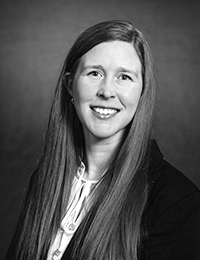 Maggie Slivinski
Maggie Slivinski Steve Corbo
Steve Corbo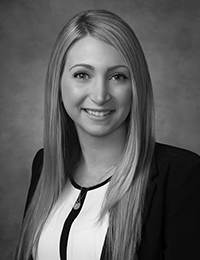 Alexandra Rao
Alexandra Rao Alexa Comey
Alexa Comey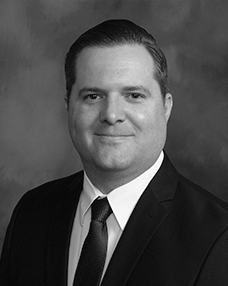 Gene Donato
Gene Donato Jack W. Kennedy III, CFP®, AAMS®
Jack W. Kennedy III, CFP®, AAMS® Henry (Hank) J. Schroeder, CFP®
Henry (Hank) J. Schroeder, CFP®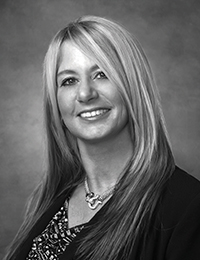 Diane Gallagher
Diane Gallagher Scott Bernstiel
Scott Bernstiel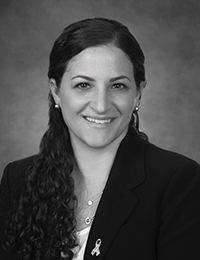 Chrissy Carpenter
Chrissy Carpenter David Strout
David Strout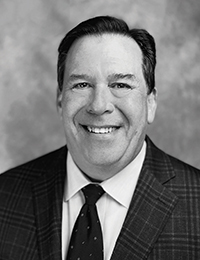 Keith R. Hering AAMS®, CRPS®, CIMA®
Keith R. Hering AAMS®, CRPS®, CIMA® 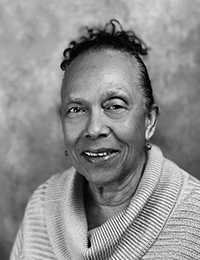 Marjorie Onuwa
Marjorie Onuwa